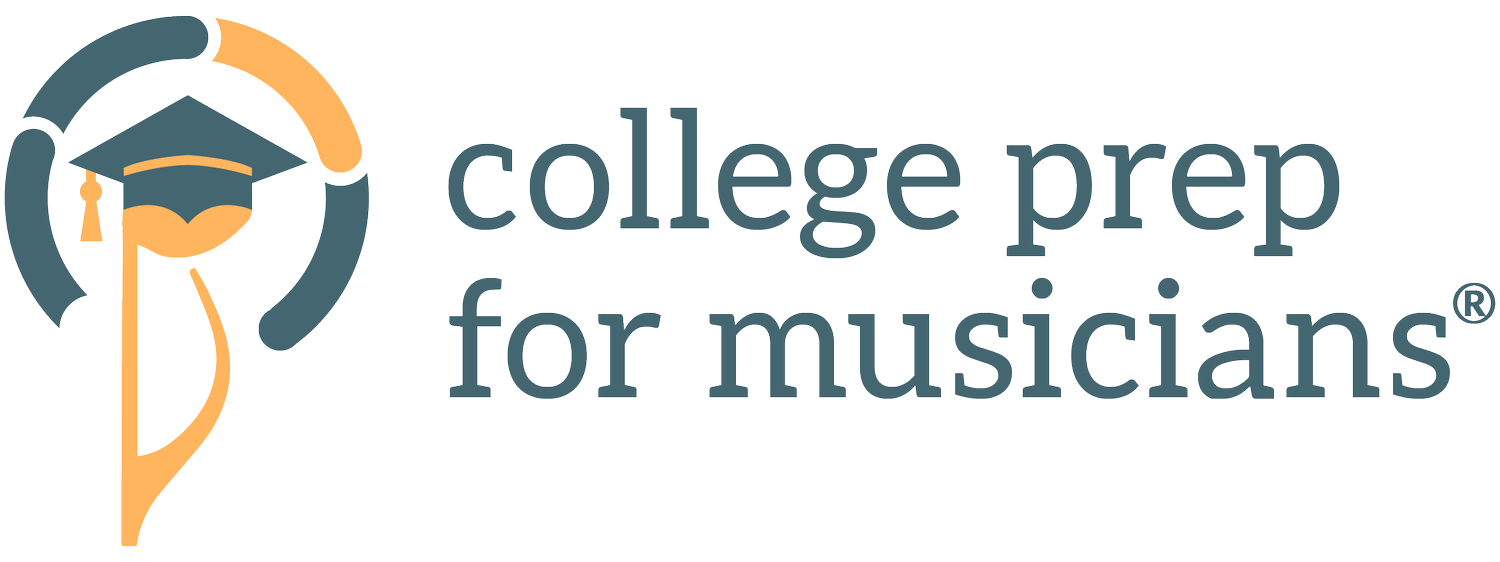Conductor
The leader of an ensemble who uses conducting to help shape the music and multiple musicians to perform as one.
Conductors are an integral part of large ensemble performance; using their intimate knowledge of the music and conducting expertise they bring groups of musicians together to create unified musical experiences and communicate musical ideas and emotions in real time — all without saying a word.
Conductors study the patterns and motions of hand and baton movement in order to clearly convey rhythm, dynamics, musicians’ entrances, and emotional ideas using only their body movements. This allows them to communicate to all members of a large ensemble instantaneously by sight and not interrupt the music. The best conductors are able to communicate their interpretation of the music to the ensemble as they perform through their conducting, breathing life into the musical score.
In addition to studying the actual practice of conducting, conductors spend extensive amounts of time studying music. Music history, ear training, orchestration, and composition are just some areas in which conductors have expertise. Conductors are musicians themselves and are frequently active performers. Conducting brings nearly every aspect of music together all at once, so a thorough understanding of music and its performance is essential.
A career in conducting begins with a bachelor’s degree in music (often in conducting), frequently followed up with a Master's in conducting. Post graduate degrees in conducting are also common, as the additional studies allow for more experience in front of ensembles and professional networking. Conductors will pick up conducting gigs wherever possible, whether that be an orchestra, wind ensemble, choir, or recording session to build their experience and network. Established conductors will conduct a range of performances or try to secure a full-time position with a performance organization or educational institution.
What are the education requirements?
A Degree is Required
What degree is recommended?
Bachelor's degree
Doctoral degree
Zack Sahms
View Bio


